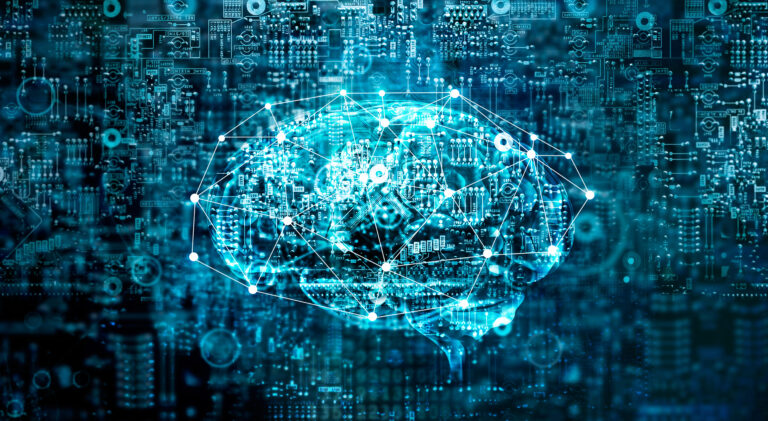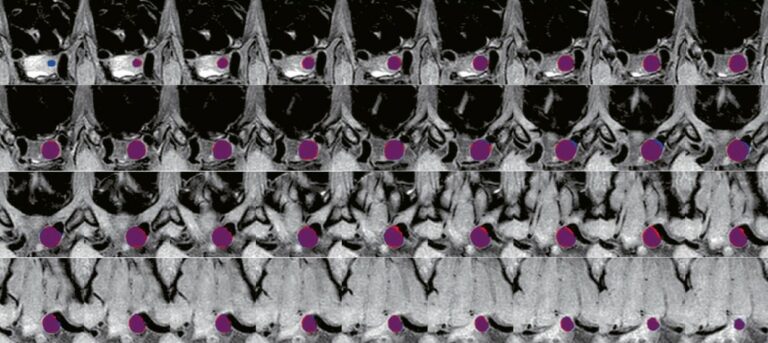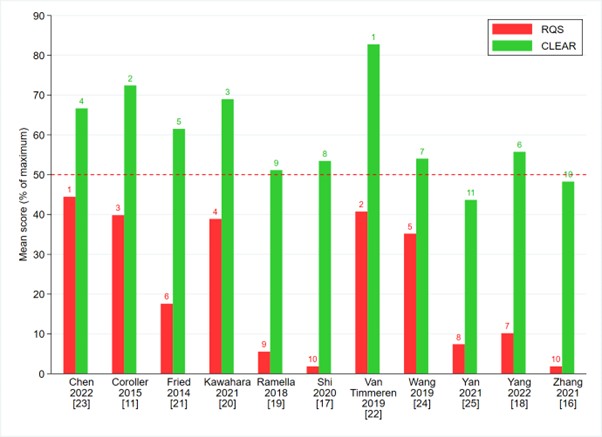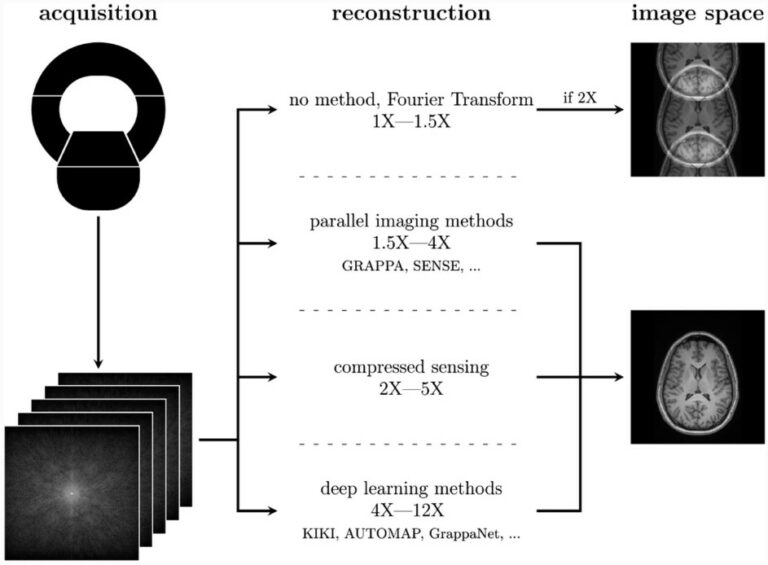
Novel reporting workflow for automated integration of AI results into structured radiology reports
Although artificial intelligence (AI) shows great potential to help radiologists in their daily clinical routine, integrating AI into the radiology workflow is often lacking, underutilizing its full potential. Therefore, this study aimed to develop a new reporting pipeline enabling automated pre-population of structured reports with results provided by commercially available AI tools. The authors successfully demonstrated that the AI to


















